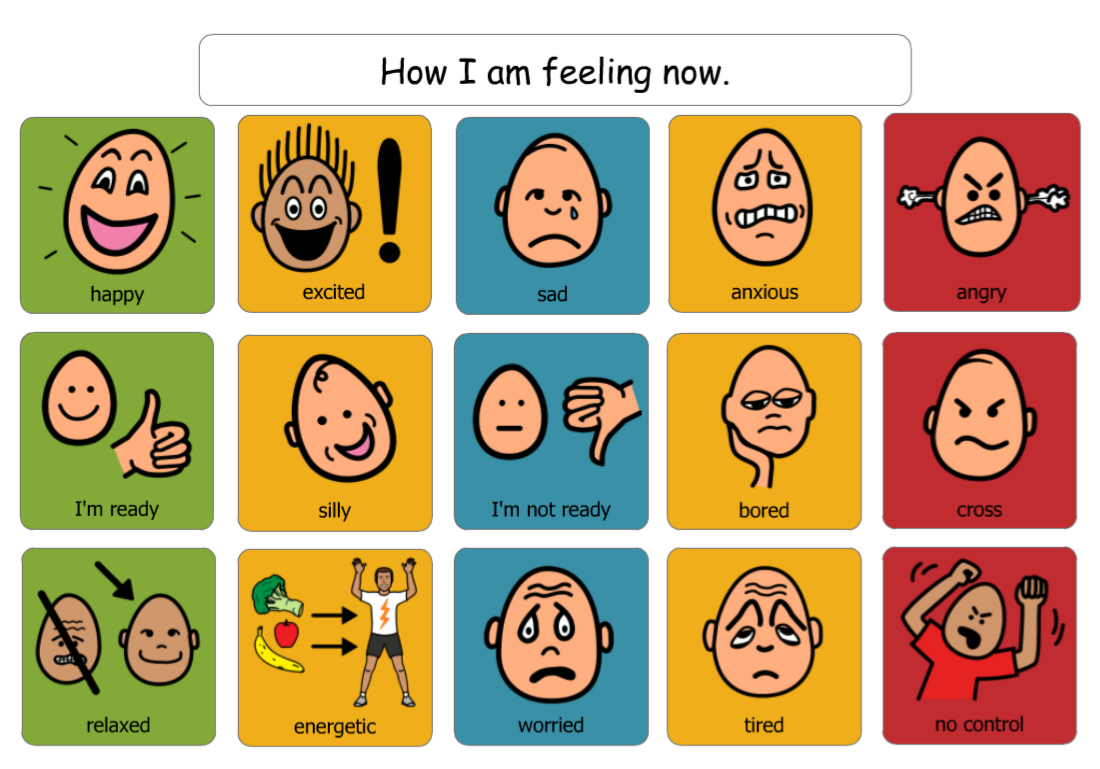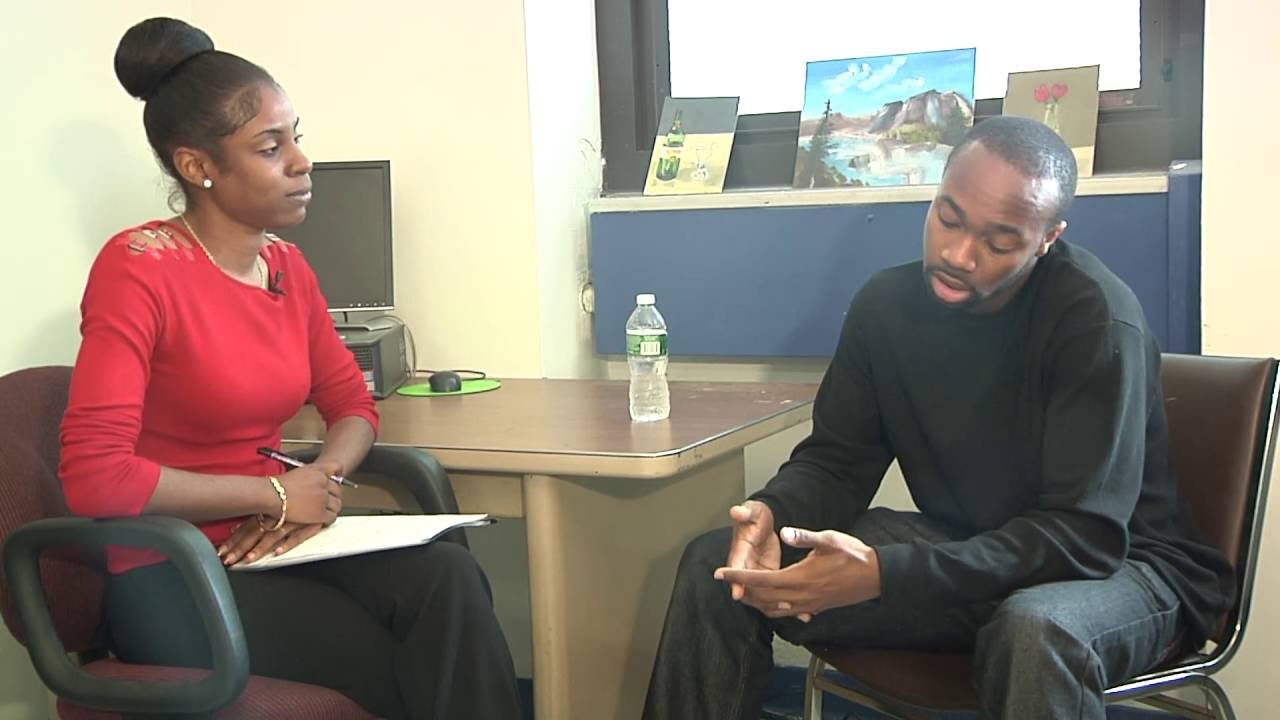Behavior Therapy




WHAT IS BEHAVIORAL THERAPY?
Behavior Therapy is an umbrella term for several types of therapy that treat individuals with intellectual, developmental, neurological, and mental health disorders. This form of therapy seeks to identify and help change potentially self-destructive or unhealthy behaviors. It functions on the idea that all behaviors are learned and that unhealthy behavior can be changed. The focus of treatment is often on current problems and how to change them. A Behavior Therapist completes a functional behavior assessment by using various methods and assessments to tease out the root cause of the undesirable behavior, identify the triggers, and recommend replacement strategies to stop the behavior. The Behavior Therapist will work with the individual and train the support people/family on implementing the replacement strategies to stop the unwanted behavior. The goal is to enhance the person’s quality of life and, second, to minimize the problem behavior.
In sum, positive behavior support is a scientifically validated practice that seeks to increase a person’s competence in community-based settings with peers of the person’s choosing through the application of behavioral techniques, which, by default, results in a decrease in challenging behaviors. (Carr, et al., 2002)
9 Essential Behavior Support Plan Components
1 9 ESSENTIAL BEHAVIOR SUPPORT PLAN COMPONENTS
Rather than the focus of PBS being the reduction of problem behavior, the focus is instead on increased quality of life for the focus person. By default, when individuals access more satisfying lifestyles, they have less necessity for challenging behavior to meet their needs.
2LIFE SPAN PERSPECTIVE:
While there may be a specific time during which a person experiences challenges, the PBS process recognizes the ongoing needs of a person from a life span lens. Consequently, a person may occasionally require a higher intensity of support and regular updating of their plan as a result of the changing circumstances of their life.
3ECOLOGICAL VALIDITY:
PBS is not intended to be a laboratory science, but a practical, field-based science with a high degree of applicability to ‘real-life settings.’ Thus, in place of highly controlled experimental settings, PBS supports an approach that involves typical intervention agents in typical settings for longer periods of time in all relevant venues.
4STAKEHOLDER PARTICIPATION:
Rather than an expert-driven model, PBS is a stakeholder-driven model. Thus, rather than analysts, PBS requires skilled individuals who will facilitate teams toward their own interventions that value the person and incorporates the values of the community. It is the merging of a skilled team facilitator who has a high degree of expertise in supporting individuals using the principles of applied behavior analysis in community-based inclusive settings that sets PBS apart from the direct application of behavior analytic strategies.
5 VALIDITY:
Simply put, this component demands that interventions be practical for the average team member to implement. Thus it is essential that PBS plans be evaluated against such criteria as the team members ‘ judgment of the plan’s practicality, desirability, the goodness of fit with their values, and subjective effectiveness with respect to the person’s problem behavior, and quality of life.
6 SYSTEMS CHANGE AND MULTICOMPONENT INTERVENTION:
The central focus of PBS is not on fixing problem behavior, but on changing environmental contexts in which problem behavior is most likely to occur. Thus meaningful plans include a combination of antecedent strategies, teaching new replacement and adaptive behavior, and consequential strategies to increase adaptive behavior.
7 EMPHASIS ON PREVENTION:
PBS proposes the best time to change a problem behavior is before it occurs. This proactive approach to problem behavior is quite divergent from other approaches that rely on consequences and crisis-driven strategies.
8 FLEXIBILITY WITH RESPECT TO SCIENTIFIC PRACTICES:
As an experimental science, PBS strives to find the balance between controlled experimental conditions and the lack of control in applied settings. Thus there is an encouragement to use correctional and naturalistic observations in place of repeated manipulation of independent variables over time.
In sum, positive behavior support is a scientifically validated practice that seeks to increase a person’s competence in community-based settings with peers of the person’s choosing through the application of behavioral techniques which, by default, results in a decrease in challenging behaviors.


